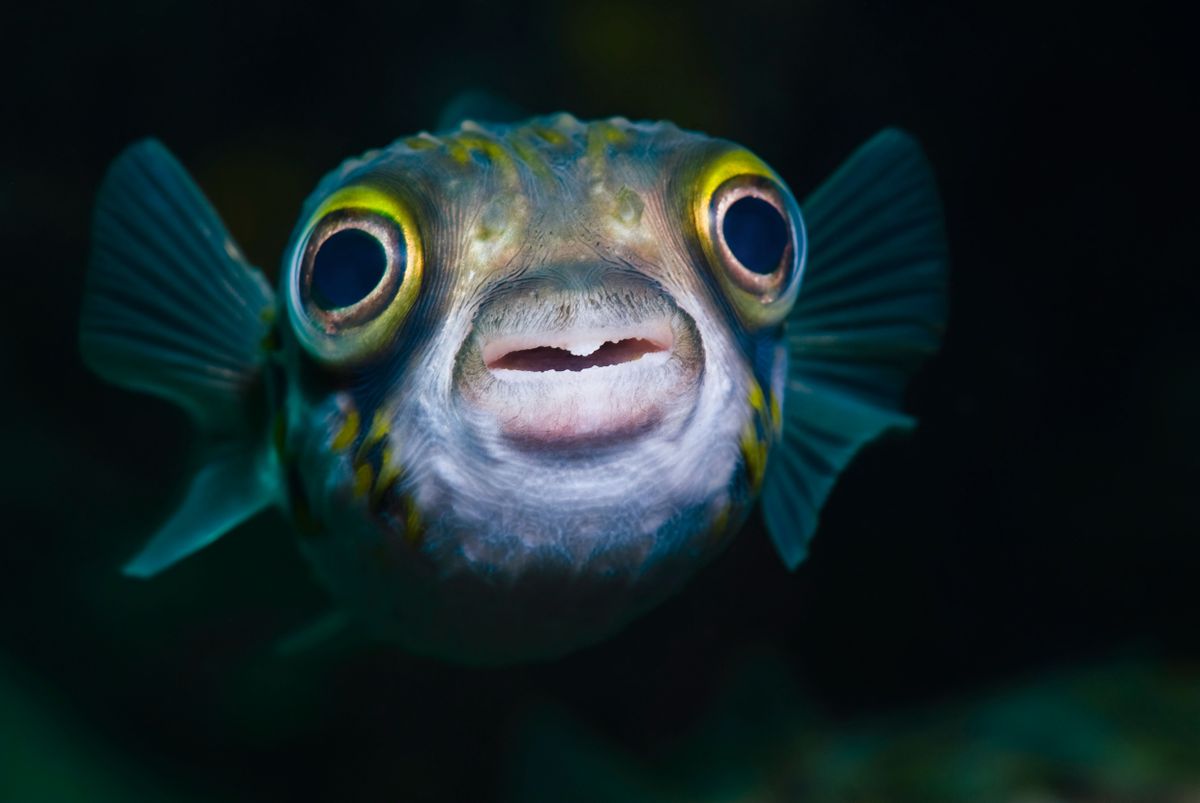Oh dear...well, there is no point in pussy-footing around, or ignoring serious issues, not only because doing so doesn't help you
@IR_Crayoneater but some inexperienced members may see "x" and assume that's true/OK when it isn't. So, there are a few things to mention, and I am not enjoying pointing them out but I have no choice.
Eco-complete is not a suitable substrate for cories. It is not just the roughness (it is, compared to river sand), but there is a bacterial issue with plant substrates and they should never be used in cory tanks (I would not want loaches over these either, for the same reasons). While some loaches are perfectly fine with gravel (provided it is not rough), others are better with sand; but all cories need sand because they are filter feeders--there are so many videos online showing cories upending into the sand, coming out with a mouthful, filtering out any microscopic food, and expelling the sand via the gills. They cannot do this with non-sand, nor rough sand as it will damage them. I'll return to some general advice as to why this does really matter below, after responding to another issue.
And this is the numbers. There are now scientific studies proving the detrimental effects of small groups of a shoaling species compared to larger groups. Cories and loaches are especially social fish. With cories it is simply "safety in numbers," as they naturally occur in groups numbering in the hundreds. In the aquarium, the larger the group, they will always be less "bothered" which is another way of saying less stressed, and that means healthier fish. Loaches take this further, and develop hierarchies within the group. This need is heightened in clown loaches. This loach also gets very large, 8-12 inches, and needs at minimum a 6-foot tank, and a group of five (or more). However, adding more now, is not always the best idea. Doesn't matter with cories, they are non-combative and will readily accept more of the species, or other species. Not loaches.
"Seem to do well" is something we see so often, along with the similar "my fish are doing fine in spite of your advice, thank you very much" or words to that effect. This is not at all likely to be the case. First, unless we can talk to a fish, we cannot possibly know this. I know a couple members on TFF don't agree with me on this, fine; but it is a scientific fact that fish do not display their "comfort" even if they are swimming, eating and spawning. It is certainly true that when things get really bad, the fish will show it through their respiration, inactivity, or whatever, but this is not the case otherwise. Fish like all animals have a very strong will to survive, and reproduce, and they will at least try to do this even in inappropriate environments we force upon them. Read the two citations in my signature block, from knowledgeable aquarists (one a biologist authority on cichlids). The only way we can assume that fish are "OK" with life is if we know what they "expect" and provide it. The above substrate sand for cories for example. They will continue to swim, eat and even spawn over gravel, but that does not mean they are "happy" with life. I'm not sure a fish can have emotions--not everyone agrees they can feel pain, much less emotions--but providing the species with what it requires and expects is more likely to satisfy it...but the bottom line here is that stress again. Fish that do not have what they expect are under stress, period. And this is not externally obvious for weeks, even months, but it can be there weakening the fish.
All of the above has to do with genetics. Every species of freshwater fish on this planet evolved to function in a very specific environment--which includes the water parameters, habitat features (sand, gravel, wood, rocks, plants, light, water flow) and other species if any. With shoaling species, it includes the need for numbers of them. These requirements are programmed into the genetic make-up of the species. And they do not change except by evolution over time, and longer time periods than a few years. This is what Dr. Loiselle is getting at in the citation.
Many of us have over the years got ourselves into difficulties with our fish. It happens, but we learn (the hard way, sadly). With all the destruction we are forcing on ecosystems, resulting in species extinction at the fastest rate ever, we have learned that we cannot change things to suit our thinking if it is denying an animal something it considers necessary for life.




